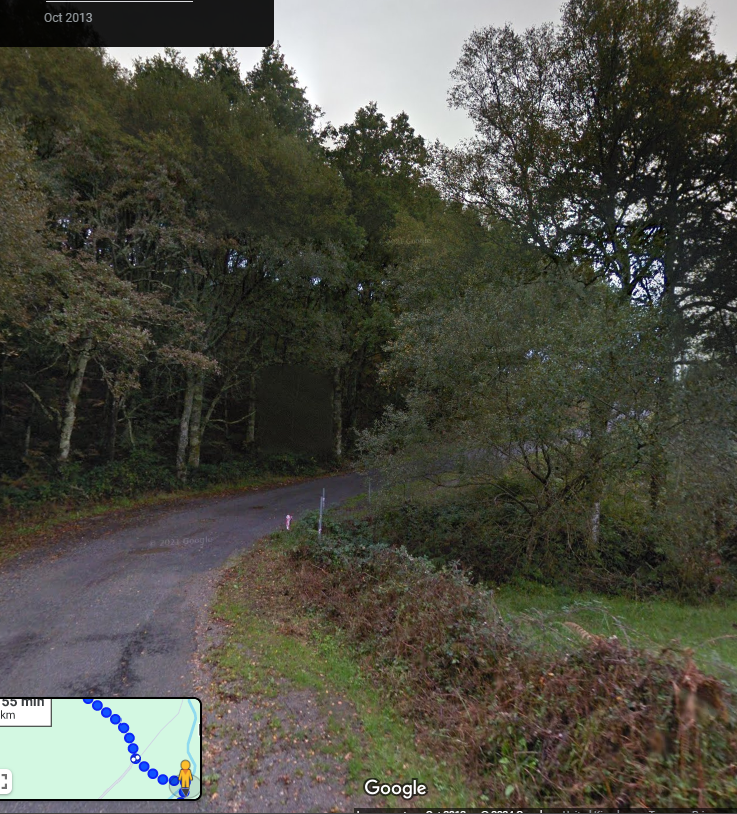A holiday
Trees. You like trees don’t you. Trees ad small lanes wandering in between occasional cottages and farm houses without any other feature. Well, we have a treat for you today!
So, as I am in a holiday mood lets talk holidays in 2024 in Galaica. Here is a list
1st January - New Year’s Day.
6th January - Epiphany
28th March - Maundy Thursday
29th March - Good Friday
1st May - Labour Day
17th Galacian Literature Day
25th July - Saint James’ day / National Day of Galicia
15th August - Assumption of the Virgin Mary
12th October - Fiesta Nacional de España
1st November - All Saints
6th December - Constitution Day
25th December - Christmas Day
Many of these are national or almost national days. The feast of the Assuming Mary caught us out - Ikea in Oviedo was not open and we were late to the beach so had to put up with a below high tide place. That beach presented an interesting sociology. The keen had established well placed situations early. The tardy were increasing shuffled to the damper sand. Those unimpressed with sand but liked sea occupied the strips of grass nearby and the local kids went to the back of the beach. They were not swimming; they were hanging out and generally engaging in hopefulness with their fellow young things.
Let's look at the National Day, naturally on the same day as that of Saint James who - let us be honest, is the patron saint of ‘Visit Galicia.’ In 1919, the Assembly of the Galicianist organisation Irmandades da Fala met and decided to celebrate the National Day on 25th July the following year. It was celebrated openly until the Francoist dictatorship (1939-1977), when any display of non-Spanish nationalism was prohibited. During that time the National Day would still be celebrated as such by the Galician emigrant communities abroad.








Comments
Post a Comment